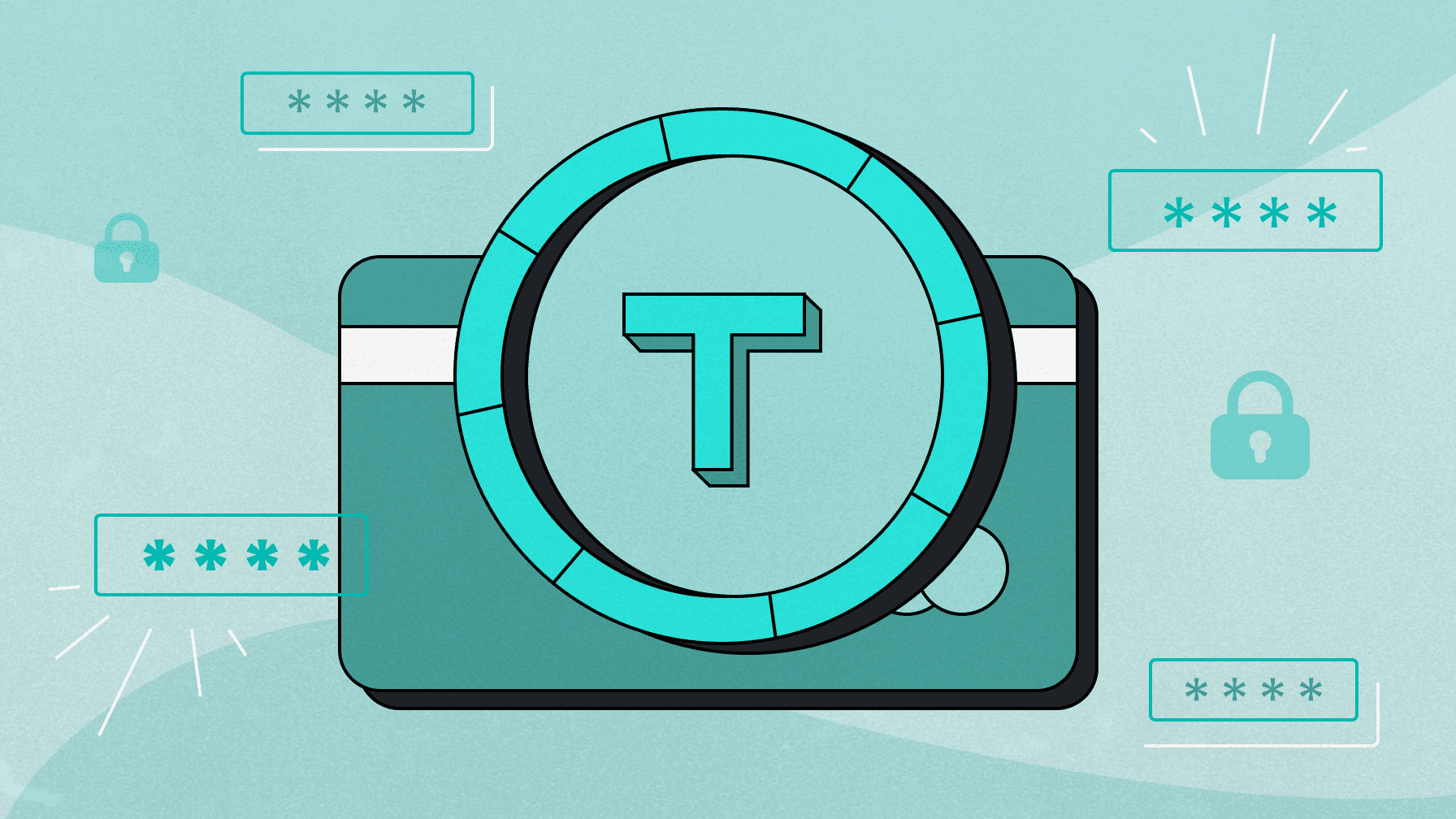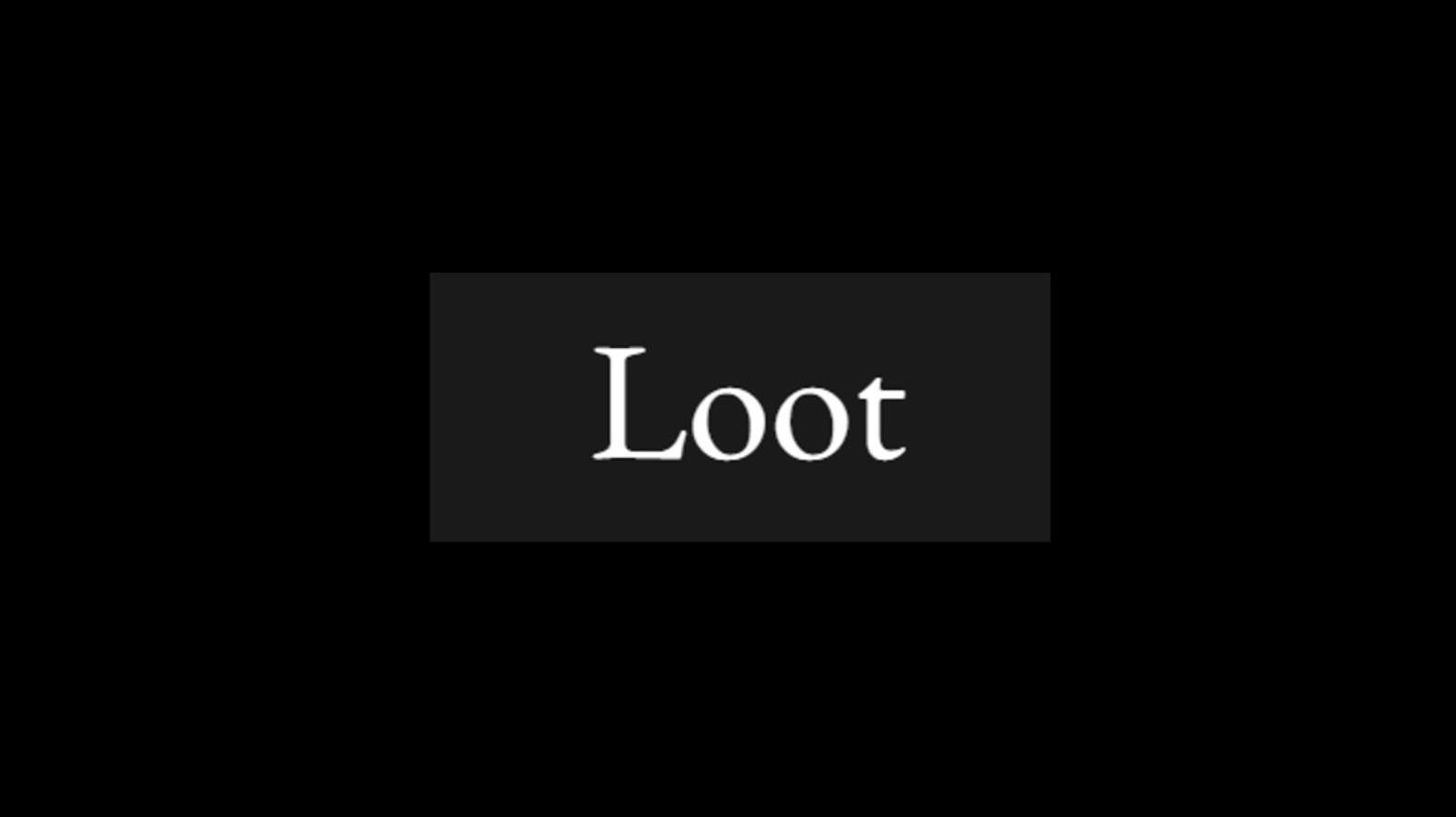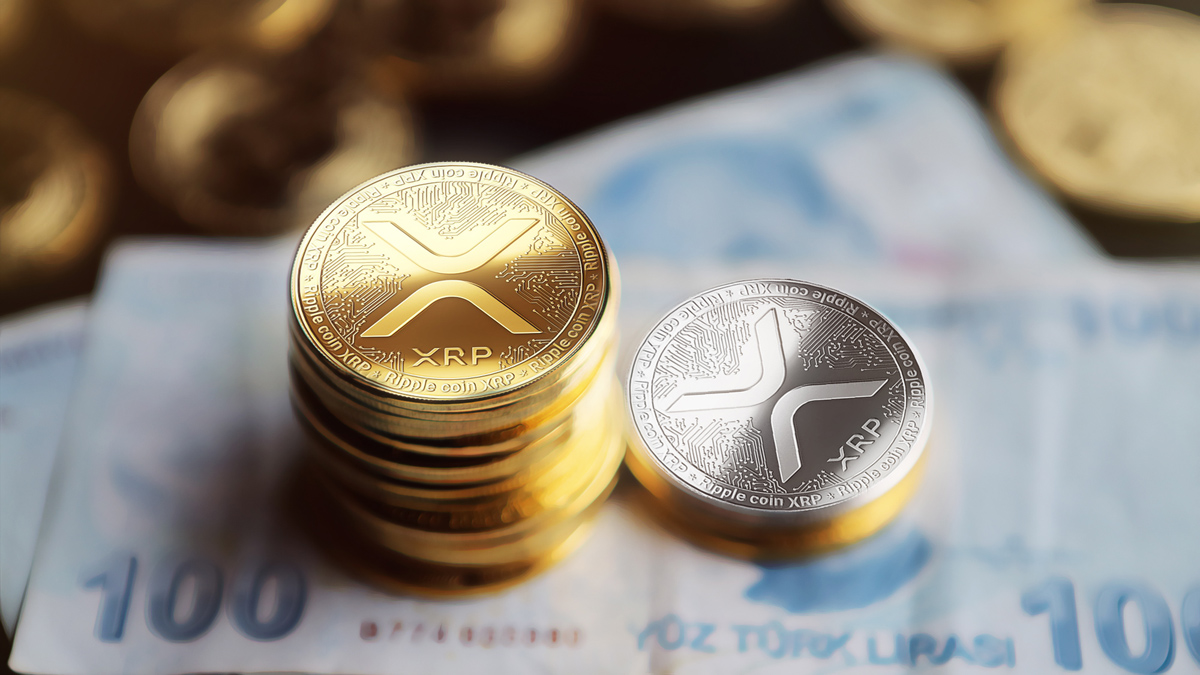Financial Blockchain provider Digital Asset has completed a pilot test of the Canton Network, with the participation of financial heavyweights such as Goldman Sachs, BNY Mellon, DRW, Oliver Wyman, and Paxos. With the completion of the test, the application is intended for use in the interbank system in the coming time frames.
What Will the Canton Network Bring?
According to a press release today, the Canton Network test, which included 15 asset managers, 13 banks, four custodians, and three exchanges, allowed firms to smoothly process and settle tokenized assets and handle fund records, digital cash, repurchase agreements, securities lending, and margin management transactions.
Digital Asset stated in their announcement:
“The successful completion of over 350 simulated transactions proved how a range of compatible applications could perform secure and atomic transactions across various components of the capital markets without any issues. The use of such a network also demonstrated potential benefits, such as reducing counterparty risk, clearing risk, optimizing capital, and enabling intraday margin cycles.”
The Concept of Tokenization
The growing interest in the corporate Blockchain world, where major companies seek efficiency through private or permissioned versions of public blockchain technologies like Bitcoin and Ethereum, is focusing on the tokenization concept, which means converting existing financial assets into Blockchain-based tokens.

Digital Asset CEO Yuval Rooz stated, “Canton allows previously isolated financial systems to connect and synchronize in ways they couldn’t before while complying with existing regulatory requirements.”
Other pilot participants include abrdn, Baymarkets, BNP Paribas, BOK Financial, Cboe Global Markets, Commerzbank, DTCC, Fiutur, Generali Investments, Harvest Fund Management, IEX, Nomura, Northern Trust, Pirum, Standard Chartered, State Street, Visa, and Wellington Management, with Deloitte participating as an observer and Microsoft as a supporting partner.
What Does Tokenization Offer?
Tokenization facilitates the representation of real-world assets like real estate, stocks, or commodities on Blockchain networks. These assets can be easily bought and sold once converted into digital tokens and become divisible. It also unlocks liquidity, making them accessible to a broader range of investors.
Tokenization also increases transparency and reduces the complexity of asset ownership and transfer since transactions are recorded on immutable distributed ledgers. It also eliminates the need for intermediaries, simplifying processes.

 Türkçe
Türkçe Español
Español










